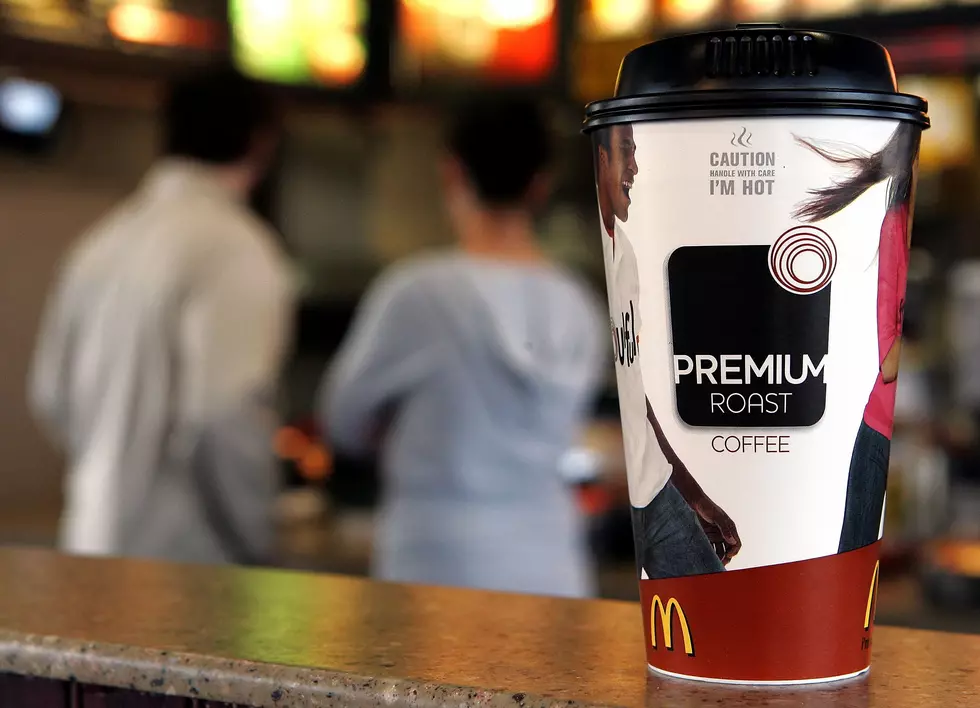
Trenton cops equipped with tourniquets — this could save many lives
Trenton police Lt. Peter Weremijenko and Sgt. John Harbourt say they have always tried to keep up with better training tactics. One of the things that had come out of the wars over the last 20 years was the use of tourniquets. When Weremijenko started on the force in 1995, the use of tourniquets was frowned upon.
But now the technology in tourniquets has changed so dramatically, that it has become first line of defense in stopping bleeding. That means police officers — usually the first responders to a scene of a crime or emergency — can immediately help save a life rather then waste precious minutes waiting for an ambulance.
Weremijenko said while he and Harbourt were researching different kinds of tourniquets to use for the department, one of their own officers used his personally owned tourniquet to save a woman's life after she was struck by a car and lost her leg. He said once that happened, it really lit a fire under everyone to get the program up and running.
Weremijenko and Harbourt settled on a tourniquet made by STAT Medical, which is based in New Jersey.
In the past, tourniquets were as thin as the width of a shoelace. Now, if the tourniquet is widened, it effectively stops the bleeding without doing damage to the limb.
The tourniquet at STAT Medical acts like a zip tie. Weremijenko said it's easy to use. Once the tourniquet is tight, it takes a lot of effort to loosen it up. That's a good thing because he said a tourniquet should not loosen once it's applied. Only a doctor should take a tourniquet off once he or she gets to surgery.
The city has purchased 300 tourniquets for the department's 270 police officers and 150 bleed kits have been deployed for every patrol car.
There are two kinds of bleed kits. One is a smaller kit issued to every officer to treat their own injuries. The kit includes pair of nitro gloves, a pair of scissors to cut clothing, the tourniquet and compressed gauze to pack any wounds if it's in a area where a tourniquet cannot be used. Tourniquets can only be used on arms and legs.
The second type of bleed kit is for victims of major bleeding. Weremijenko said this could be victims of gunshot wounds, car crashes or other accidents.
Weremijenko said every officer had to go through a program called "Stop the Bleed," a nationally recognized program to train law enforcement and civilians how to stop traumatic bleeding on themselves or someone else.
Weremijenko said so far the bleed kits have been successful since being deployed in June.
More from New Jersey 101.5:
More From 94.5 PST










